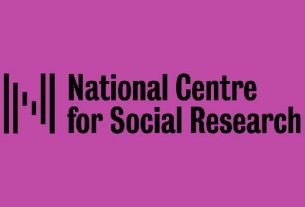For a long, while now the benefits of a regulated online gambling industry have been touted. Many observers in the United States have pointed to the United Kingdom, arguing that that the country may serve as an example of how things are done.
However, Britain’s industry is harried by a problem that is not as glitzy as initial admiration may suggest. The country is plagued by gambling addiction and that’s on the rise. You may be wondering – how come a country that has so many NGOs fighting addiction be a subject to such a plight?
In this case, NGOs are not the remedy. They are symptoms of a diseased system that needs fixing. And it needs fixing quick. To put things in perspective, the number of problem gamblers has risen by 430,000 people in the space of only three years, signalling the inefficiency of the system at large.
In light of the defeat of PASPA in court, it would be unwise to try and consolidate the vast swathes of gambling enthusiasm and bring them all under the same federal banner of regulation. After all, didn’t we just get rid of a federal law prohibiting gambling?
What good would it do us to have it replaced by another that is focusing on regulating gambling for everyone. No, instead of pursuing a model similar to the central regulation pursued in the UK, we should be pushing for local rules. Patchy as this legal framework may seem, it may be the best way to do things across the United States.
Why We Should Avoid Implementing Laws At Large
The United States is a motley gathering of states. We cannot expect all regions to have the same proclivity for gambling or the same gambling needs. Therefore putting into force a law that will strong-arm states to act on a particular piece of legislation is certainly not a clever idea.
Especially when what you get in return is foisted accountability. In other words, if anything was to go wrong at a particular region, as the result of a federal ban, it would not be poor legislation that’s responsible; it would be the state itself represented by its local governors.
That’s exactly what is happening in the United Kingdom. Local officials may spot the problems that keep accumulating as a result of problem gambling but they have their hands tied when it comes to providing actual solutions. Some may argue that they can inform the local body, the UK Gambling Commission, but the behemoth would need time before any solution is enacted.
In the meanwhile, officials can try to raise awareness, but this seems not to work as often as they would like it to. As a result, problem gambling continues to proliferate. Now, Imagine that the same problem affected all potential gamblers in the United States.
Under the veneer of “helpful gambling addiction bodies” lies an ugly truth – centralization has led to a breeding ground for all the unglamorous side of gambling. Let’s try and do better in the United States.



